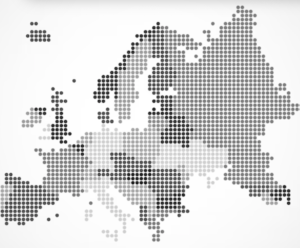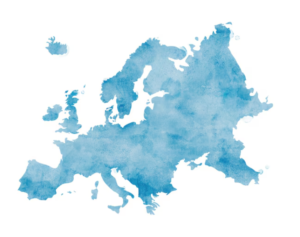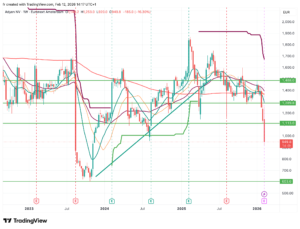$GOOGL $AAPL #GoogleAI #Antitrust #EuropeanPublishers #TechNews #DigitalRights #EURegulations #AI #TechInnovation #LegalBattle
Will Google’s New AI Features Ignite a Legal Firestorm with European Publishers?
Google’s news service is at the center of a fresh controversy, as its latest AI-driven features have sparked considerable unease among European publishers. These publishers argue that the AI tools could potentially distort market dynamics by favoring certain types of news content over others. This development has raised alarms about a new wave of antitrust challenges for the tech giant.
The Heart of the Conflict: Content Aggregation and Distribution
The crux of the issue lies in how Google’s AI intends to aggregate and distribute news. European publishers are concerned that the AI’s algorithms, which prioritize content discovery and user engagement, might unfairly prioritize Google’s own content or that of its partners. Consequently, this could diminish the visibility of independent news outlets, potentially stifling competition and innovation in the European content market.
Moreover, there are worries that such technology might infringe on the intellectual property rights of news creators, by possibly replicating or modifying content without sufficient attribution or compensation. As these concerns mount, calls for regulatory intervention are gaining momentum.
Regulatory Repercussions and Market Implications
This situation could indeed compel European regulators to intensify scrutiny of Google’s operations. The European Union has historically taken a stringent stance on antitrust issues, especially concerning tech giants. Therefore, this new development could lead to rigorous investigations and, potentially, hefty penalties if misconduct is determined.
For investors and market watchers, these regulatory challenges could influence Google’s stock performance and broader market dynamics. An escalation in legal disputes may lead to uncertainty around Google’s operations in Europe, possibly affecting its revenue streams and market position. For deeper insights, you can explore more on this topic in the stock market section of our site.
What This Means for the Future of News Distribution
The ongoing conflict between Google and European publishers underscores a broader debate about the role of AI and automation in news dissemination. With technology rapidly evolving, the mechanisms for news curation and distribution are becoming increasingly sophisticated and contentious.
These advancements, while promising to make information more accessible, also carry the risk of centralizing control over which news is amplified and which is sidelined. Such dynamics could profoundly impact public discourse and the diversity of perspectives available in the digital space.
Looking Ahead: Navigating the Complex Landscape
As this situation unfolds, both Google and European publishers will need to navigate a complex landscape of legal, ethical, and business considerations. For Google, the challenge will be to demonstrate that its AI tools are fair and do not unduly harm market competition or content diversity. For publishers, the challenge is to safeguard their content and ensure a level playing field.
In conclusion, Google’s introduction of AI-driven features in its news service may indeed ignite a legal and regulatory firestorm in Europe. How this battle will unfold could set significant precedents for the future of digital news distribution, not just in Europe, but globally. As stakeholders brace for potential impacts, the intersection of technology, law, and media continues to be an area of critical importance and robust debate.











Comments are closed.